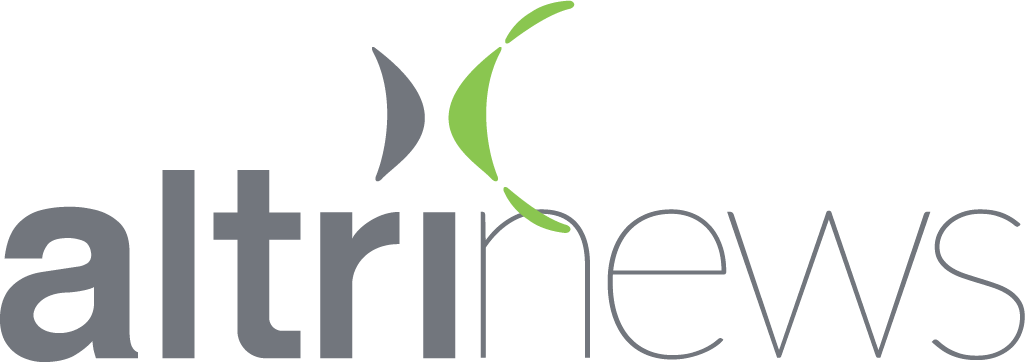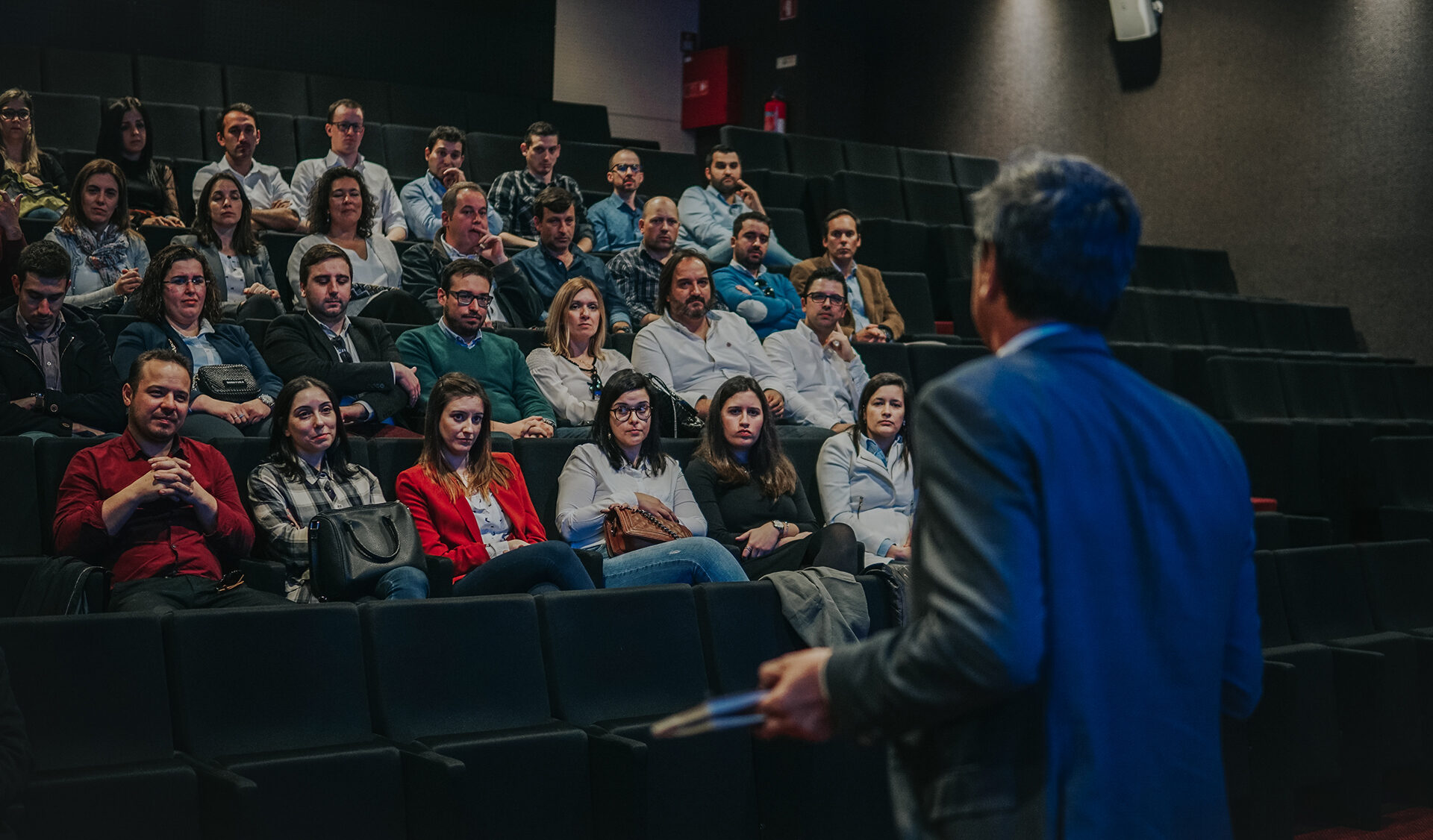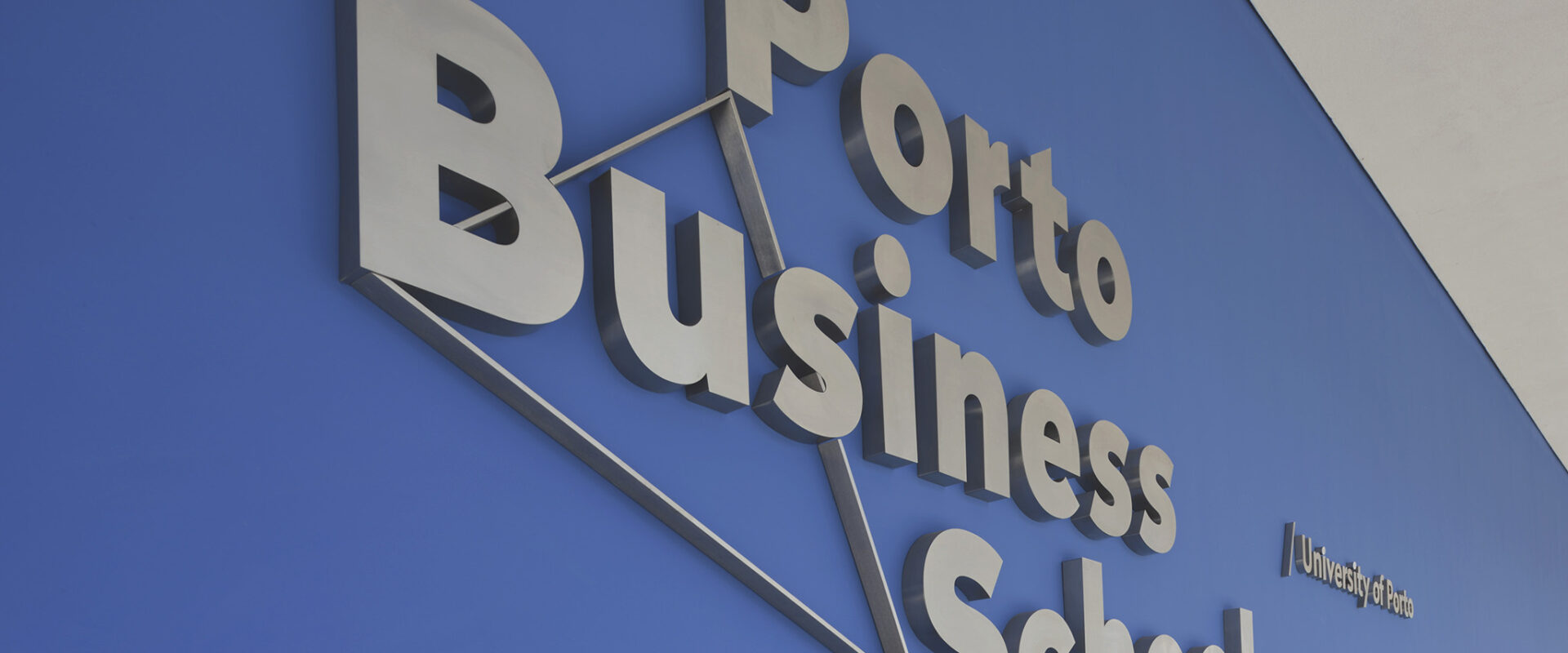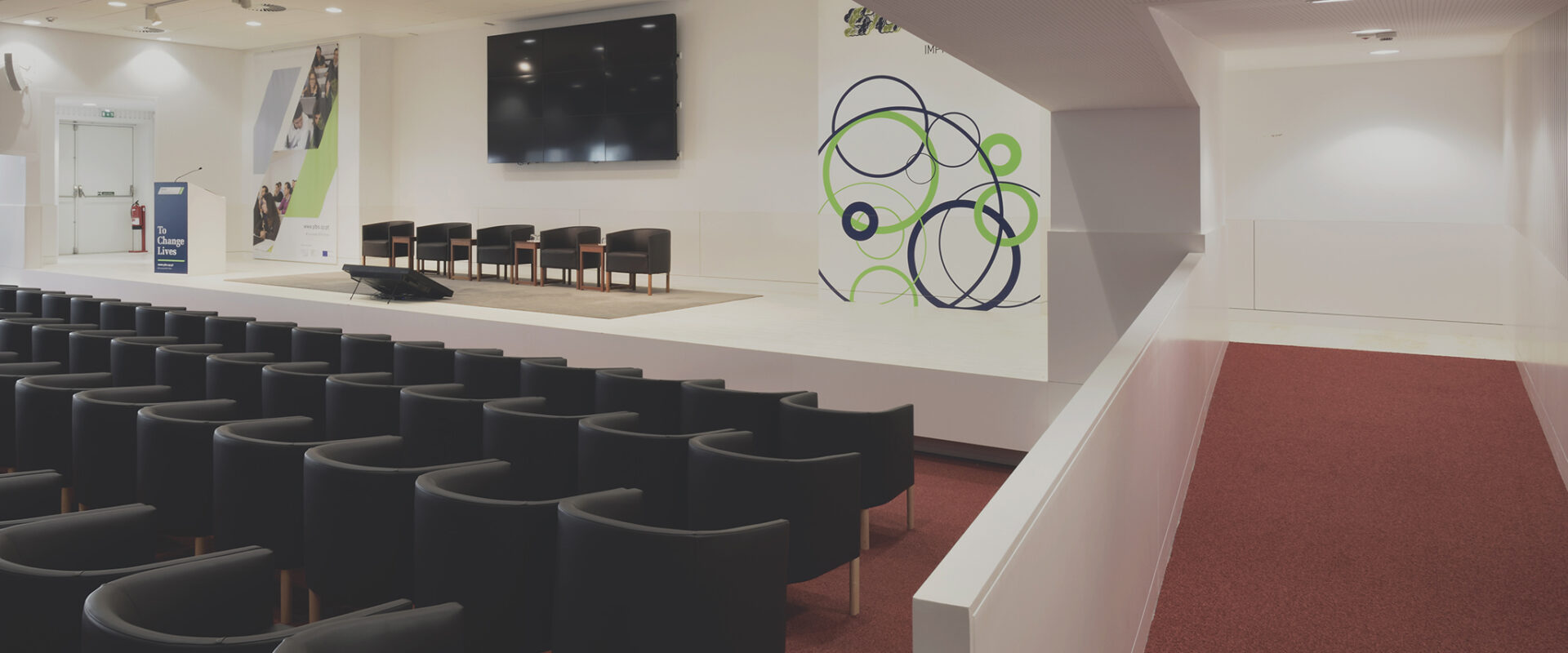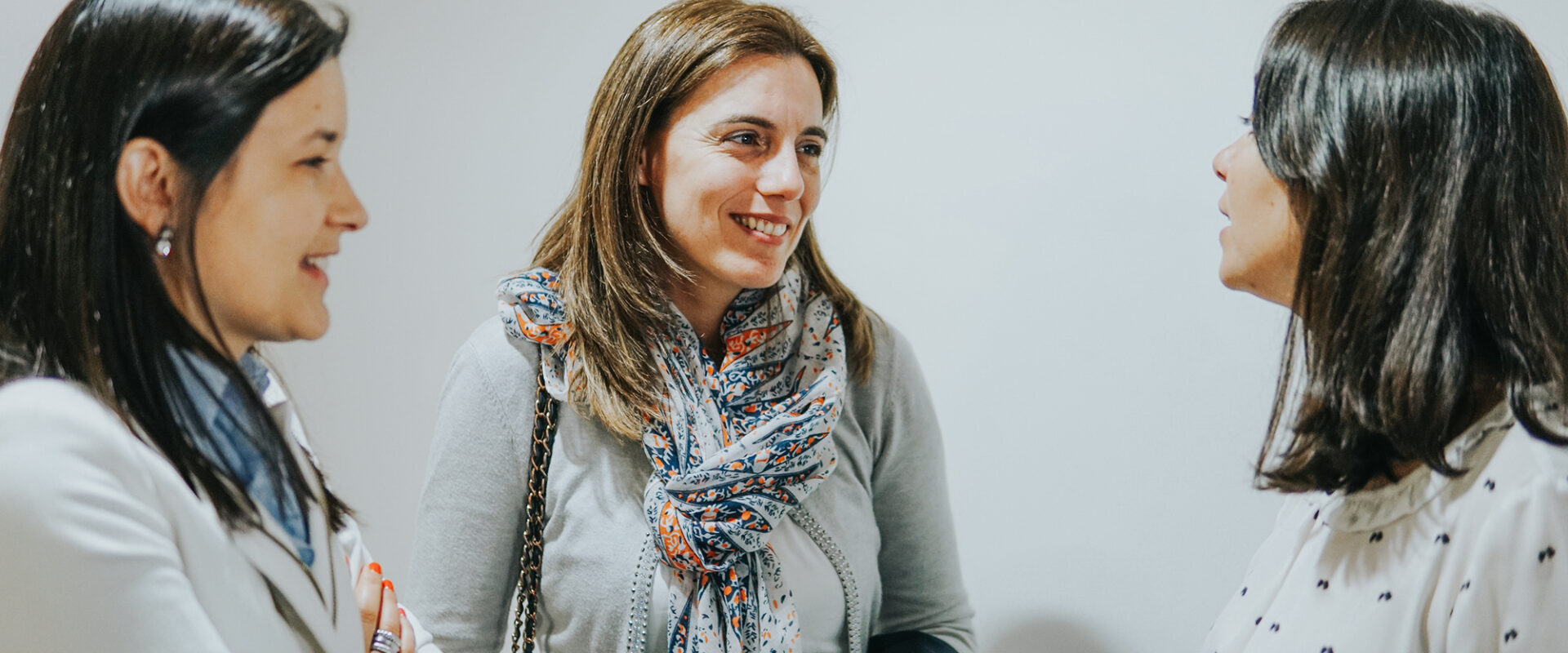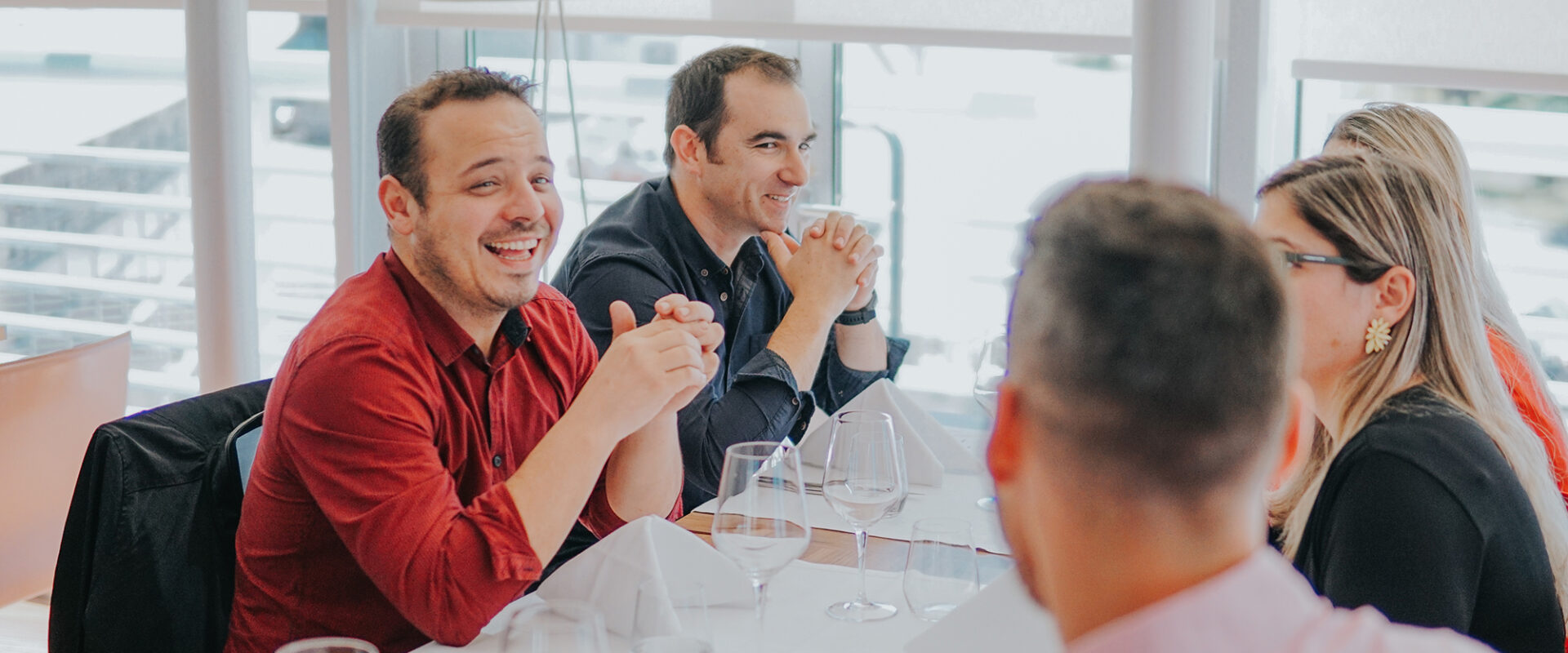Preparing the leaders of the future
The Growth Program for Altri High Potentials was a great contribution to endowing participants with up-to-date skills and in seeking to retain talent. It was key in identifying employees with the potential to perform more complex and demanding jobs in the future.
There was a desire to create a training model that was coherent, wide-ranging and continued over time, which would be able to open up pathways towards developing skills suitable for all the companies in the Altri group, thereby reinforcing the group’s culture and aims.
As a result of this vision, the Altri Leadership Academy was formed in 2013. The first training program developed at the academy was created in partnership with Porto Business School (PBS) and was held from 2013 to 2015, involving 90 members of Altri’s senior personnel hand-picked from the group’s different companies and areas of operation. Its title was Breakthrough Program for Altri Future Leaders. The program was structured to align the business strategy, incorporate the group’s values and organisational culture and develop new skills for future leaders so that they will be able to meet the challenges of an increasingly global and competitive market.
Given the excellent results achieved by this initiative and the positive impact it had within the group, Altri decided, in the first half of 2018, to create a course in partnership with PBS. This training course was named the Growth Program for Altri High Potentials, and included 45 young employees from the companies Caima, Celbi, Celtejo and Altri Florestal. The classroom lessons began in September and ran through to December 2018. The program ended with follow-up sessions held in 2019.
According to António Jorge Pedrosa, the Human Resources manager at Celbi: “We felt that this was the time in these young people’s careers to ensure training in areas that were less technical and more geared towards management and personal development.” The initiative had a clear aim: to focus on younger personnel from the various different areas of the group’s companies, who are today facing challenges which are deserving of the company’s attention.
He continues by stating that: “This generation of younger workers values organisational models which are more people-orientated over the more traditional models, and they are less patient.” He underlines that this course was “a great contribution to endowing participants with up-to-date skills and in seeking to retain talent. It was key in identifying employees with the potential to perform more complex and demanding jobs in the future” .
António Jorge Pedrosa sums up by saying that “the best things to come from the course are the strengthened relations between participants, a greater knowledge of the different companies in the Altri group and the optimisation of teamwork”.
To back up this vision, we spoke to some people who frequented the training program. It would be difficult to air the views of all 45 of them, so here below is a representative sample. We asked them how they would rate the initiative and how important it could be for their careers.
Improving professional and personal development
Raquel Campos Rosado, who works in Altri Florestal’s certification systems area, doesn’t hide her excitement that she was one of those chosen to attend the course. “I took it as a recognition of my work on development.” It was extra motivation which opened her up to new learning and allowed her to improve her skills. Having graduated with a degree in Forest Engineering, she feels that the various different topics addressed were “very relevant and contributed towards developing individual capabilities and potential”. She cites the topics which made the greatest impression on her as being those relating to “Leadership, Negotiation, Joint Work and Self-Awareness”.
Raquel Campos Rosado tells us that she has noticed an improvement in her communication with her work teams as a result of the training initiative, meaning she is “more assertive and effective, modifying approaches and appealing to strategies of valuing the individual as a part of a whole capable of making a difference within the broader group”.
Raquel’s overall assessment of the program is that “it was an excellent initiative and the contents presented were very useful in terms of professional and personal development”. As well as personal development, she highlights another important benefit. “Getting to know colleagues from the Altri Group facilitates inclusion and the feeling of belonging to something that you want to cherish.” Even so, it is her opinion that there could be even greater interconnection and knowledge of colleagues’ work, “by improving sharing and teamwork”.
Optimising communication skills
Another Altri Florestal employee who took part in the Growth Program for Altri High Potentials was Tiago Cordeiro, from the area of biomass supplies. He holds a degree in Forest Resources Engineering and the aspect which had the greatest impact on him was being able to work with colleagues from other companies within the group, with whom he had only had telephone or email contact. With regard to the skills developed during the course, he highlights “the importance of informal relations established with group colleagues”. In summary, Tiago Cordeiro believes that attending the course improved his ability to communicate.
Gaining better knowledge of the business
Samuel Peres, the head of Caima’s laboratory, says that he was pleased because “it was important training, taught by professionals with experience in the field”. He also felt that the company had recognised him and invested in his future.
The course addressed various different subjects, but the ones which Samuel Peres found most interesting were the Leadership, Negotiation and Financial Topics modules. “The two former subjects because they have a more immediate application on a daily basis and they were the ones that helped me do my job, and the latter because it helped me understand the finer points of the company’s business.”
The course complemented his Master’s degree in Chemical Engineering, and the knowledge he gained has provided him not only with team leadership and management tools, which are useful in dealing with daily challenges, but also contributed towards his personal development, namely through the topics which addressed social and personal skills development.
He adds: “The initiative was very valuable in strengthening knowledge and sharing experiences.”
Identifying qualities and shortfalls
Unlike most of those who participated in the Growth Program For Altri High Potentials, Daniel Teixeira Marcos, who has a Master’s degree in Chemical Engineering and who works in Celbi’s pulp production department, did not have high hopes when informed he’d been selected to attend the course. He thought it would be “the usual training session with a handful of buzzwords”. He wasn’t particularly expectant or enthusiastic. But he acknowledges that he was wrong. “I have seen the error of my ways. The training helped me to understand my qualities and how I should use them to be better in what I do, and, at the same time, it enabled me to identify my shortfalls so that I can correct them. I’m grateful that I was chosen to attend.”
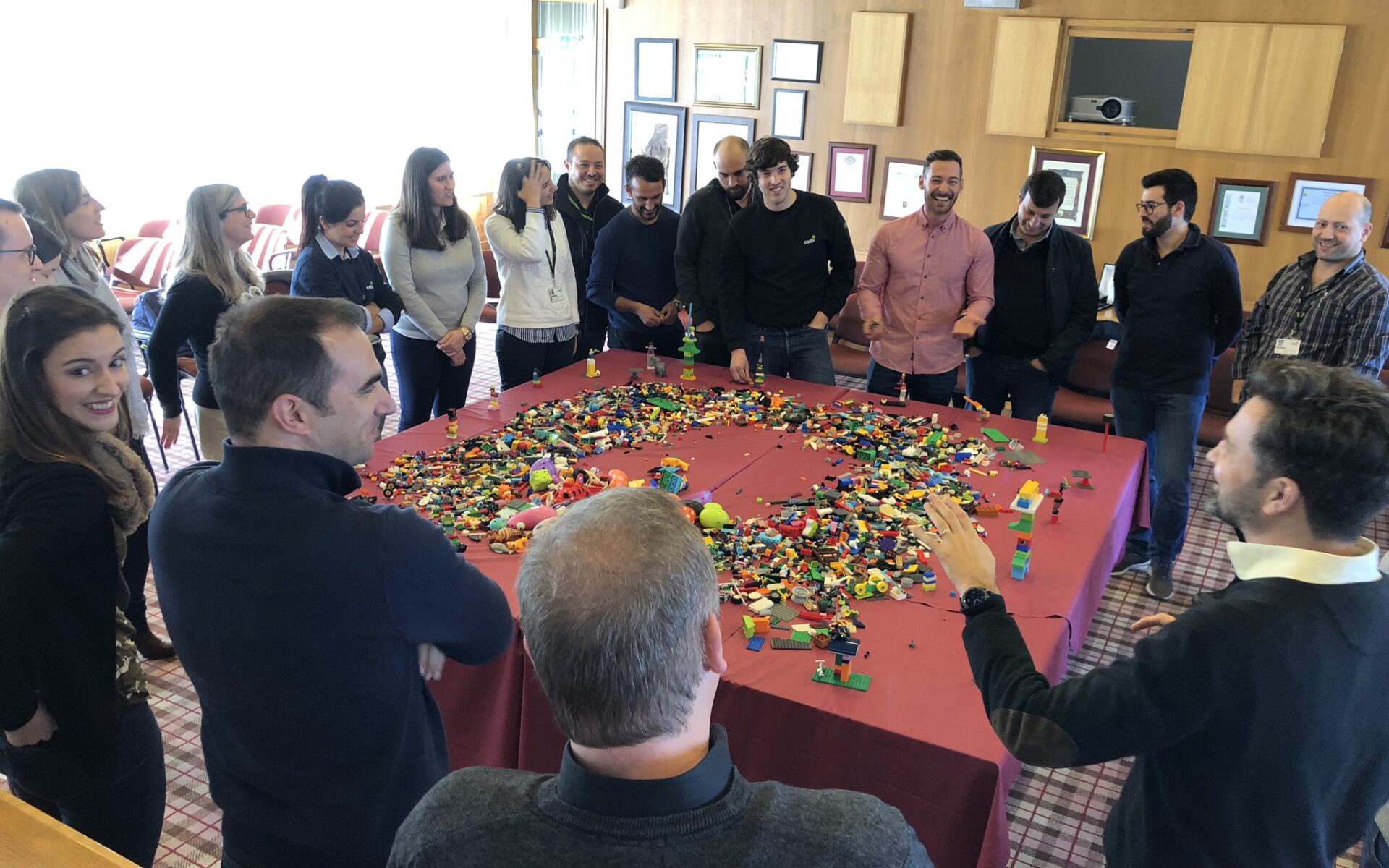
The topic which most impressed him was teamwork. “A team is successful when we are able to fulfil our common interests.” Another point which made him change his mind about the course was how interesting he found one of the questions posed during an exercise: what can I do to make your life better? “It made me realise that our role in a team or organisation is precisely that: to make everyone else’s life better and to find out what they need, rather than treating them as just another resource.”
Now that the course is over, he acknowledges that he is better at interpreting financial indicators, and that he has improved in the areas of communication and his ability to convey ideas. He rates the program as being “absolutely positive”. As well as the issues addressed by the course, participants gained a better perception of the Altri group, by having people from different companies sharing experiences and creating contacts which will no doubt prove very fruitful.
Understanding the importance of people
When selected to take part in the training, Diana Fernandes Machado, who holds a Master’s degree in Economics, felt a great deal of motivation and expectation, but also had a feeling of responsibility. She knew that, as the company was investing in her, she had to put her best foot forward and make the most of this opportunity.
As part of the human resources management at Celbi, Diana Machado feels that all the subjects addressed on the course were interesting, from management indicators to negotiation and leadership. What stayed with her the most was “understanding the importance of people in our work every day, and how we can help to improve it”. She understood the importance of feedback when performing her job, both to highlight what went well and to show what needs to be improved upon.
The knowledge gained and knowledge refreshed enabled her to take a more assertive position in which it is important to understand others’ points of interest and put oneself in their shoes. It also allowed her to “apply some strategies for organising information, for example in terms of meetings, and of making daily assessments of my work and activities through self-diagnosis”.
Finally, she underlines that the way the course was designed, from the choice of the topics covered, to the teaching method and presentation by the instructors, as well as the conditions offered by PBS, “allowed me to squeeze the most out of those hours of training”. She adds that the course “was an asset for me, because as well as all the knowledge I gained, it also afforded me the opportunity to get to know my colleagues and their situations better, and especially to understand myself better in my job”.
Greater idea of management indicators
Mário Mendes Gonçalves has a Master’s degree in Electrotechnical Engineering and Automation and now works in Celbi’s electrics department. He admits he was honoured to have been given the opportunity to take part in a course given by a renowned institution and had high hopes about being able to approach topics with which he had had no previous contact. He particularly enjoyed the topic Leadership, which simply and objectively presented a set of tools which will enable him to “better characterise everyday situations, especially in my relationships with colleagues”.
The training course allowed him to see various different daily episodes in a different way, particularly in terms of communication. Mário Gonçalves gained a better idea – from a more technical standpoint – of the group’s management, economic and financial indicators.
For all these reasons, the training “clearly exceeded my expectations. The dynamic lessons, the way we all got involved in the activities, the knowledge acquired in the area of resources and people management all went towards making this initiative a huge success”.
Ability to overcome problems
When notified that he was one of the employees chosen to take part in the Growth Program for Altri High Potentials, Duarte Félix Dias knew he and his work were recognised and valued. He works in Celtejo’s Mechanical Preparation and Maintenance department, having gained a Master’s degree in Mechanical Engineering. He highlights the importance of the KISS principle (Keep It Short and Simple), as it stimulates the development of processes in an assertive, quick and simple manner, thereby adding more value. He also talks of the tools which encourage self-control within a professional and personal environment, allowing people to listen to, understand and acknowledge others.
“The ability to overcome problems and the aptitude to analyse and promote each team member’s individual skills in order to ensure a more cohesive team” are, according to Duarte Dias, the result of a practical appliance of some of the knowledge he gained during the training. He adds that he was able to view the company as a whole, which is more than the sum of its parts. He wraps up by saying that he was made aware of a diverse range of techniques and tools which “are vital to performing daily duties”.
Thinking differently
Comfortable and uncomfortable. This is how Edgar Tavares Barata, who took a Master’s in Business Management and now works in Celtejo’s financial department, described how he felt when informed he was going to frequent the course. “Knowing that an employer cares about its employees’ professional and personal development and invests in their future, in the hope that these employees are its future, is very comforting.” However, he simultaneously felt “uncomfortable with the weight of responsibility, which is actually a good sort of uncomfortable and is vital if we wish to evolve”.
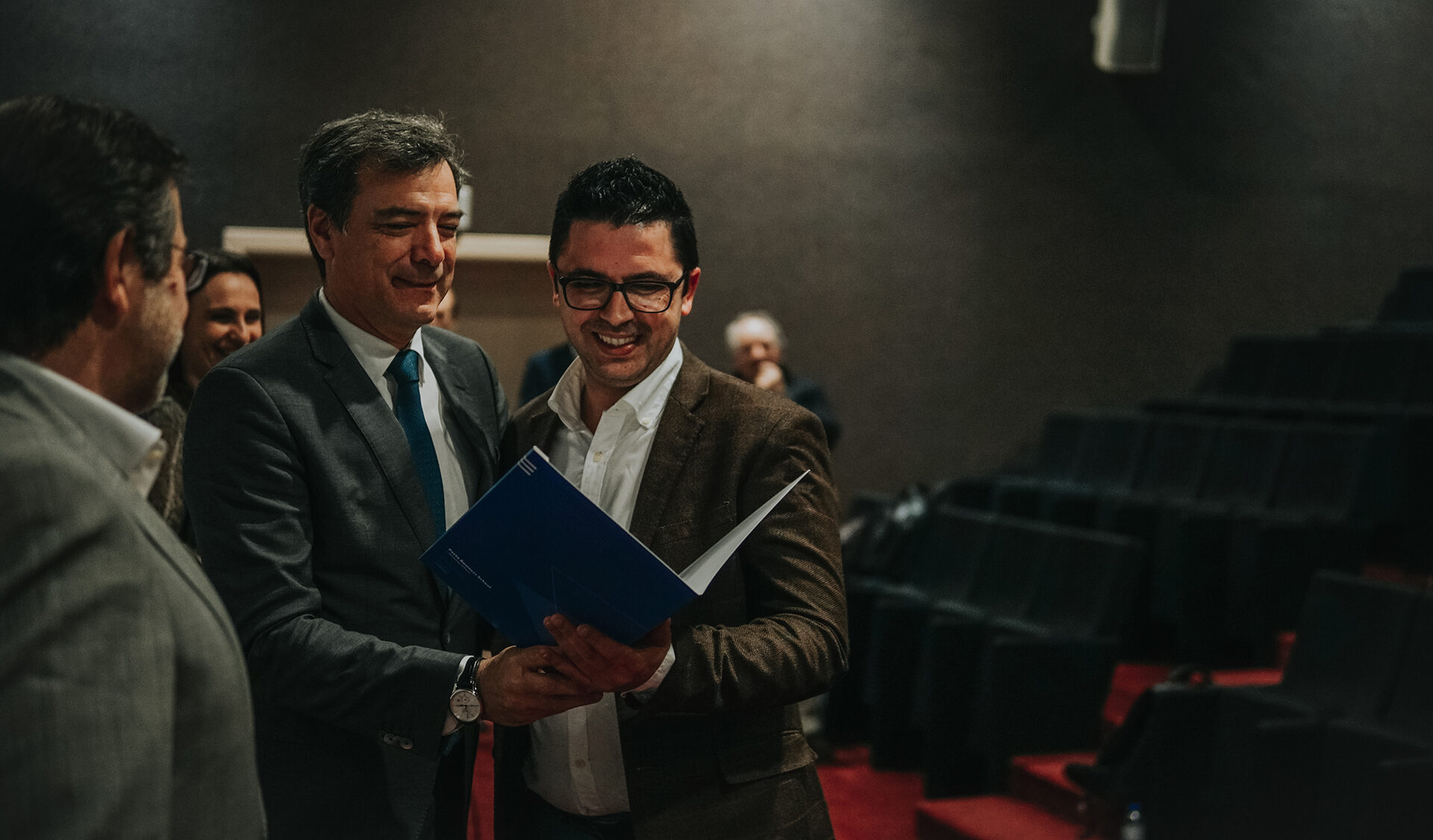
For Edgar Tavares Barata the Feedback as a Gift module was the one which got him thinking the most. “Every day, we spend an enormous amount of time with our work colleagues, often more time than we spend with our families. There is a tendency to assume that professional relationships have to be somewhat impersonal and that we have to maintain a certain distance, but in this session I realised that generally the idea we have of each other, of the better and worse aspects, is in line with our perception of ourselves, and that during our interactions in the workplace, we end up – even if involuntarily – creating bonds with people and getting to know them and influencing their wellbeing and their performance.”
From his point of view, what the course afforded its participants was “a greater capacity to assess and interpret what’s going on around us”.
More tailor-made training
Courses were also developed in 2017 and 2018 within the scope of the Altri Academy, in the areas of Management, Negotiation and Leadership, in partnership with business schools such as the Lisbon Catholic University, geared towards specific skills and incorporating different professional and personal development tools such as assessments, seminars, coaching and mentoring.
